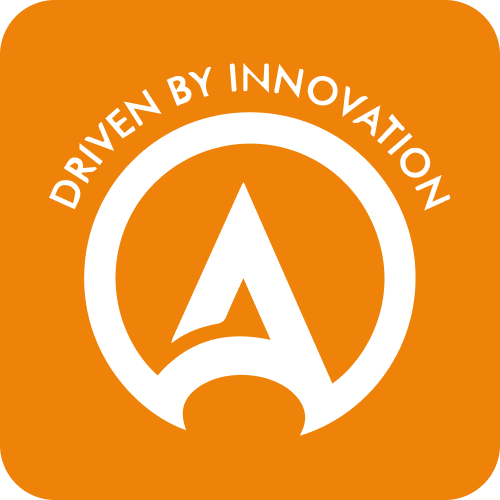Raw Material Handling
At Active Steel Forge, we recognize that the foundation of…

At Active Steel Forge, we recognize that the foundation of…

At Active Steel Forge, we offer advanced heating facilities designed…

Experience unmatched cutting precision and efficiency with our advanced cutting…

At Active Steel Forge, our advanced forging facilities offer unmatched…

At Active Steel Forge, we specialize in providing advanced heat…

Experience unmatched precision and superior quality with our advanced CNC…

10 min Read
In the fiercely competitive global automotive industry, where quality, consistency, and customer satisfaction reign supreme, IATF 16949:2016 certification has become a critical benchmark for automotive forging companies. This internationally recognized standard, focusing on quality management systems (QMS), provides a framework for organizations to ensure they consistently deliver products that meet customer requirements and regulatory standards. For automotive forging companies, achieving and maintaining IATF 16949:2016 certification is not just a desirable accomplishment; it’s often a necessity for survival and success.
IATF 16949:2016 is a quality management standard specifically designed for the automotive industry. It harmonizes the various automotive quality system requirements across the globe, replacing and superseding previous automotive quality standards like ISO/TS 16949. This standard is based on ISO 9001:2015, the internationally recognized standard for general quality management systems, but adds specific requirements tailored to the automotive sector.
The IATF 16949:2016 standard outlines the requirements for a QMS where an organization needs to demonstrate its ability to consistently provide products and services that meet customer 1 and applicable statutory and regulatory requirements. It 2 emphasizes continual improvement, defect prevention, and the reduction of variation and waste in the automotive supply chain. 3
The IATF 16949:2016 standard covers a wide range of requirements, including:
For automotive forging companies, achieving IATF 16949:2016 certification offers a multitude of benefits:
Implementing IATF 16949:2016 requires a systematic approach and commitment from all levels of the organization. The process typically involves:
While the benefits are significant, implementing IATF 16949:2016 can also present challenges:
IATF 16949:2016 certification is more than just a piece of paper for automotive forging companies; it’s a strategic imperative. It’s a testament to their commitment to quality, customer satisfaction, and continual improvement. In the highly demanding and competitive automotive landscape, IATF 16949:2016 certification provides a distinct competitive advantage, enabling forging companies to thrive and succeed. By embracing the principles of the standard, automotive forging companies can not only meet the stringent requirements of their customers but also improve their own operational efficiency, reduce costs, and enhance their reputation in the global marketplace. The journey to certification may be challenging, but the rewards are substantial and essential for long-term success in the automotive forging industry.
Get in touch with our experts today
